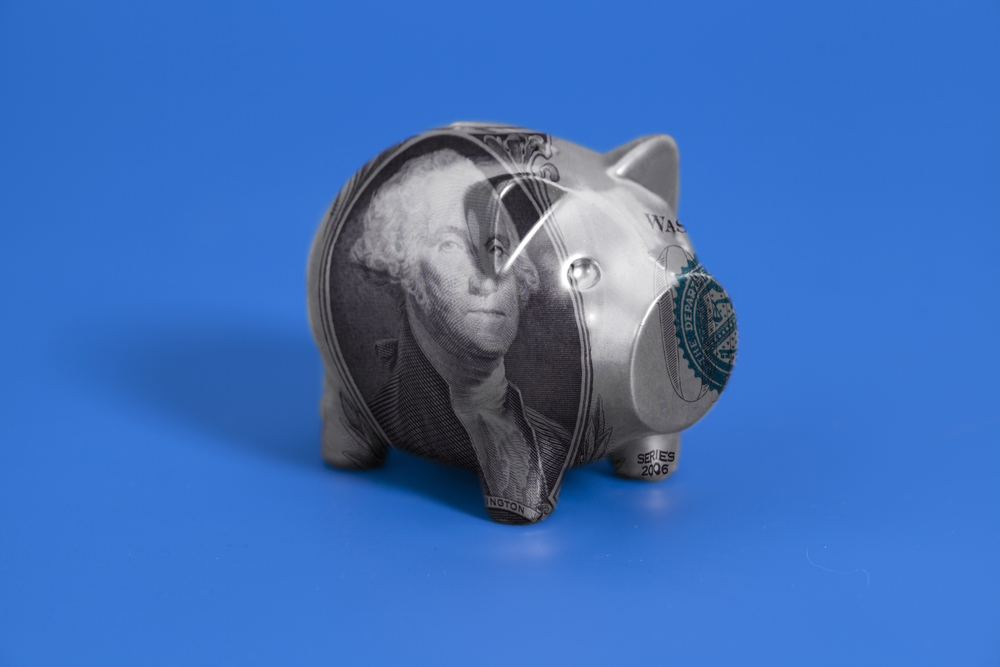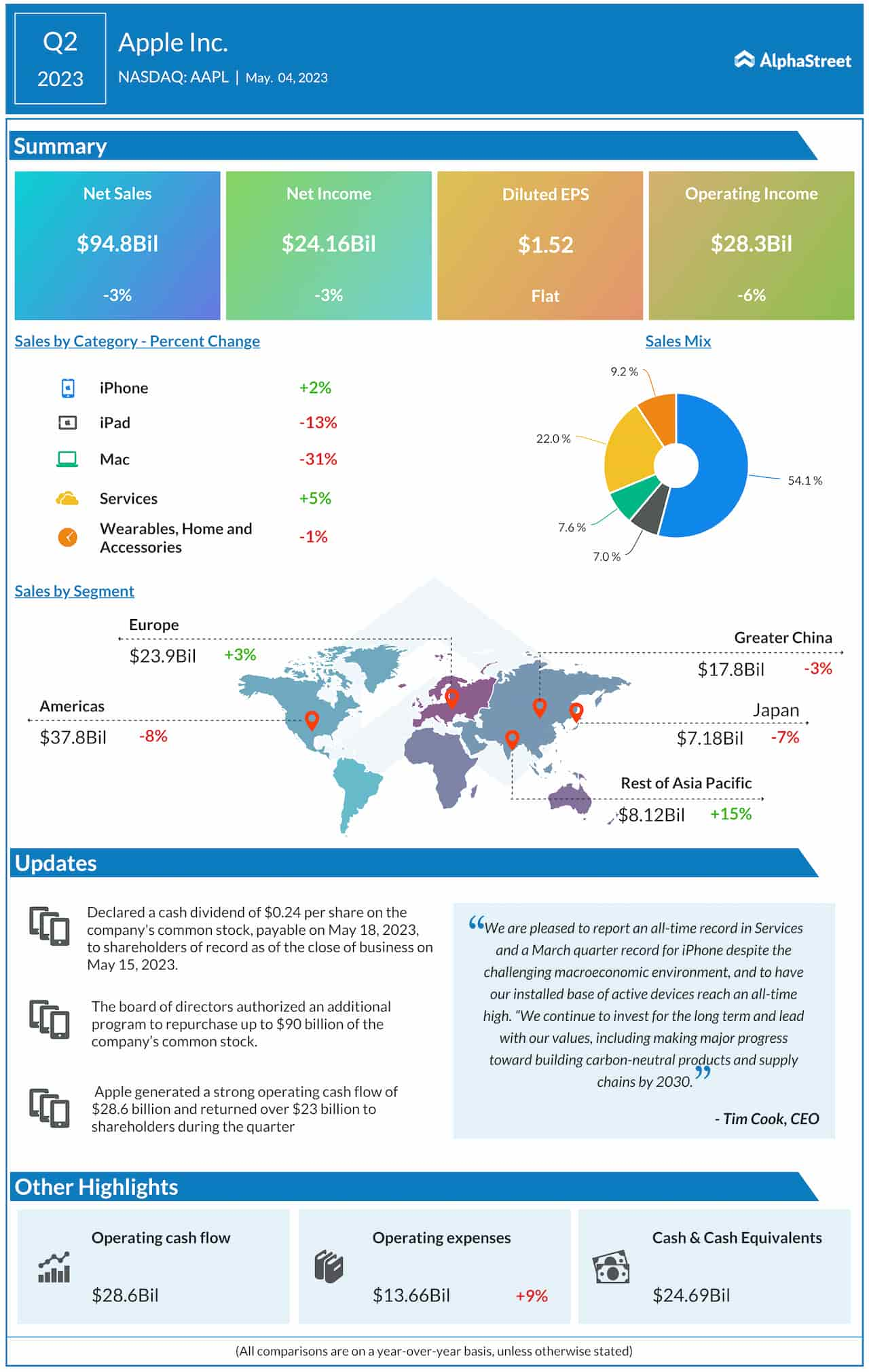Democracy has become widespread enough as a form of social organization to be assumed legitimate by default. To say a country is “not democratic” is implicitly understood as a rebuke. Even patently authoritarian regimes often go through the motions of holding elections and claiming their leaders are democratically supported. Democracy is so strongly supported that there is a cottage industry of people who get upset over massive charitable donations to good and worthy causes, because the money was given at the discretion of the donor rather than taken through the tax system and therefore used in a way that is “democratically accountable.”
Given this massive presumption that “democratic” equals “legitimate”, or that democracy makes the government accountable to the people, it’s all the more important to place this presumption under careful scrutiny. Many scholars have examined this issue and have raised important questions. A recent book by Randall Holcombe, Following Their Leaders: Political Preferences and Public Policy, has joined this body of research and will be the focus of a series of posts where I examine and give thoughts on its central claims. Of course, this is no substitute for actually reading the book – even spreading the discussion out through several posts, large chunks of the case will be either left out or only described in a bare-bones way.
With that disclaimer aside, let’s get a lay of the land. How, ideally, is democracy supposed to work? Holcombe gives a generalized, mathematical account of the democratic process, represented as follows:
C = f(P1, P2, P3,…Pn)
In the above equation, P represents the preference of a given voter, with P1 being the preferences of the first voter, P2 being the second voter, all the way through n number of votes cast. The method of aggregating these votes is represented by the function f. Different vote aggregation methods may produce different outputs – for example, the output might be different when f is majority rule compared to when f is an electoral college system, and both could be different from an f that uses rank-order voting or single transferable votes. Running all the inputs through a given function produces the output C, which represents the collective choice produced by the voting system. Or, as Holcombe more tersely puts it, “Voters vote, the votes are aggregated through the algorithm represented by f, and a collective choice is made.”
In the standard, Civics 101 model, voters have preferences about political and social policies. Through the act of voting, voters make their preferences known and the totality of these preferences are aggregated into a social choice. This information is in turn taken by policymakers who, in response to the results of elections, craft policies that represent and reflect the preferences of citizens.
There are a few obvious issues worth looking at more closely. For example, is there a way to coherently map the idea of “a collective choice” onto reality, in a way that is analogous to the kinds of choices individuals make? This is one concern someone could express about C. There are concerns about f as well. There are many different forms of vote aggregation out there. The same inputs, run through different fs, can produce different and even diametrically opposite results. Is there an aggregation method that is clearly superior to the others, in that it produces more consistently optimal results, or more accurately reflects the preferences of voters?
Holcombe touches on these concerns, but they are not his primary focus. Instead, he is interested in P – that is, the preferences themselves. How do voters form the preferences that serves as the input to the democratic process? As he explains it:
Thinking about democratic institutions as a way of aggregating the policy preferences of individual citizens into some vision of the public interest requires an understanding of how those institutions aggregate individual preferences, which has been done extensively in the public choice analysis undertaken by political scientists and economists…But it also requires an understanding of how citizens form the preferences they express through democratic institutions, and this has seen much less development. Political preferences are often assumed as given and exogenous, and the primary interest of this volume is to examine in more detail how those preferences are formed, and as a result, the implications for public policy.
Holcombe argues that preferences are neither given, nor static, nor equivalent. There are different kinds of preferences people have, which are formed in different ways, and some of these preferences can drive, dictate, or alter other preferences. Most importantly, Holcombe argues, economists and political scientists all too often treat preferences as exogenous to the system with which they interact. This gets things all wrong, Holcombe argues. Our preferences emerge through our interaction with our available choices and our judgments about how to best pursue our ends. Pre-existing preferences don’t create our choices – the choices we make under the constraints we face define and create our preferences, says Holcombe, quoting James Buchanan in support:
Economists tend to describe individuals as utility maximizers. They have utility functions that constitute their preferences, and they refer to those utility functions to make choices that maximize their utility. In fact, the process works in the other direction, as James Buchanan explains. People make choices and the choices they make define their preferences. “Individuals do not act so as to maximize utility, described in independently-existing functions. They confront genuine choices, and the sequence of decisions taken may be conceptualized, ex post (after the choice), in terms of ‘as if’ functions that are maximized. But those ‘as if’ functions are, themselves, generated in the choosing process, not separately from such process.”
So if preferences are generated in the choosing process, it’s worth examining what that process is and how it can influence preference formation. In the next post, I’ll describe the different kinds of preferences Holcombe identifies, and how they come to be formed.















